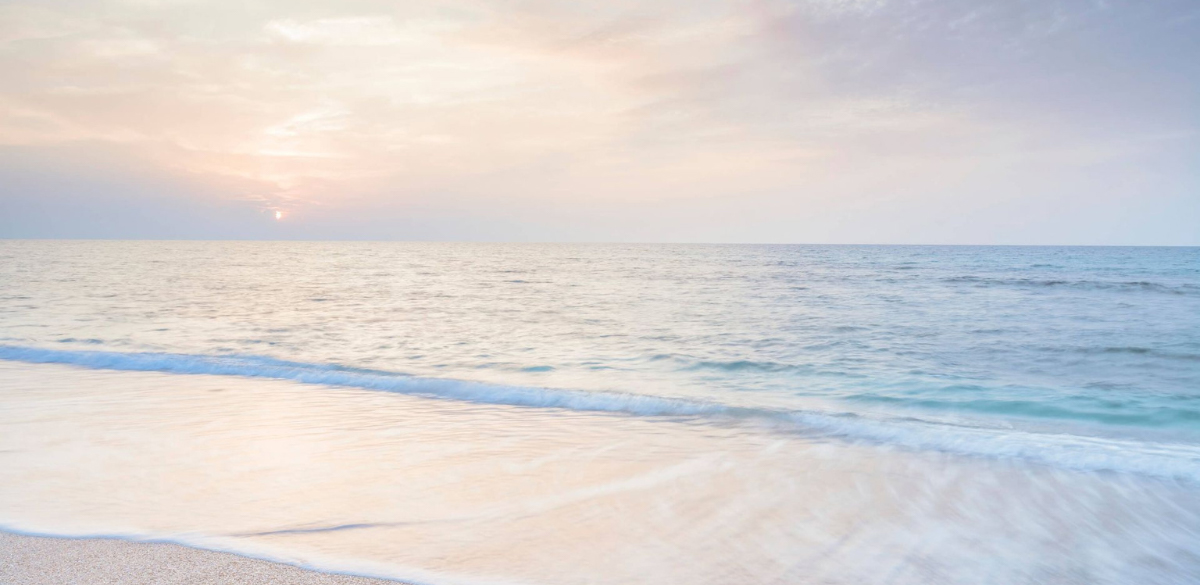WE COULD JUST HEAR HER SCREAMING…
BUT WE COULDN’T SEE HER…
We were sailing between France and England many years ago, in an amateur yacht race.
It was getting pretty windy, and we had a young girl with us.
A great sailor, she was only 15.
In the middle of the night, she got washed off the deck.
Into the dark ocean.
We could hear her screaming but we couldn’t find her.
No one had life jackets on, it wasn’t “cool”.
She was wearing our black uniform too, which looked great (during the day) but impossible to see at night.
We searched and searched for her, a maneuver we hadn’t ever practiced as a team.
Her screams died out, all we could hear was the wind and waves.
And then, 3 hours later, when half the crew said F-it, let’s keep going “she’s gone”…
We heard someone yell “bullshit, come and get me you bastards”
We found her.
We picked her up, she went down below, dried off.
Came back on deck and took the sheet she was trimming, and we carried on.
She came back SUPER STRONG, shouting orders, acting super cool (which I’ve since learned is a sign of shock!)
It was never spoken of again.
No one de-briefed.
No one mentioned it the next race.
It was like nothing happened.
I was shocked.
It affected me…
Bloody oath it did!
Crickey, I would never have forgiven myself if we didn’t find her.
But, what I couldn’t believe is that it was never discussed.
It affected the crew.
Some people left and never came back.
Our tight knit crew slowly fell apart.
Silly arguments about dumb things…
Never about this incident.
It was still not discussed.
If it was, it was shut down.
Because, in those days no one knew how to have these conversations.
PTSD was only something war veterans experienced.
Not weekend warriors on a little sailing yacht, out for a jolly.
Even I eventually forgot, however, every so often in the middle of the night I would imagine what if someone fell over?
I asked our captain, the answer was “just don’t fall in Amanda…”
This is why I am so passionate to bring a framework into the great outdoors, to the adventurous, the sailors, the extreme sports, the expeditions…
The people who play where there are no ambulances…
No search parties,
No help.
Because we need a framework to follow.
To help us understand who is vulnerable.
Who needs help.
Who needs evacuating (if that is even possible)
And most importantly how to lead when things get tough.
Which is why we are rolling out the psychological first aid at sea program…. It will give us a framework, to work within our scope of practice and to make good decisions, and to help us lead a high performing, epic, strong, aligned team. Who can stick together and bounce back in the face of adversity. And most of all, so we don’t treat the traumatized like weirdos, who f$&@ed up. Because accidents happen, it’s how we deal with it TOGETHER as a team that’s important.
If this kind of information interests you, check out our PSYCHOLOGY AT SEA series
It’s not just for yachties…
It’s for everyone who likes a bit of adventure or to live life at the extreme!
























0 Comments